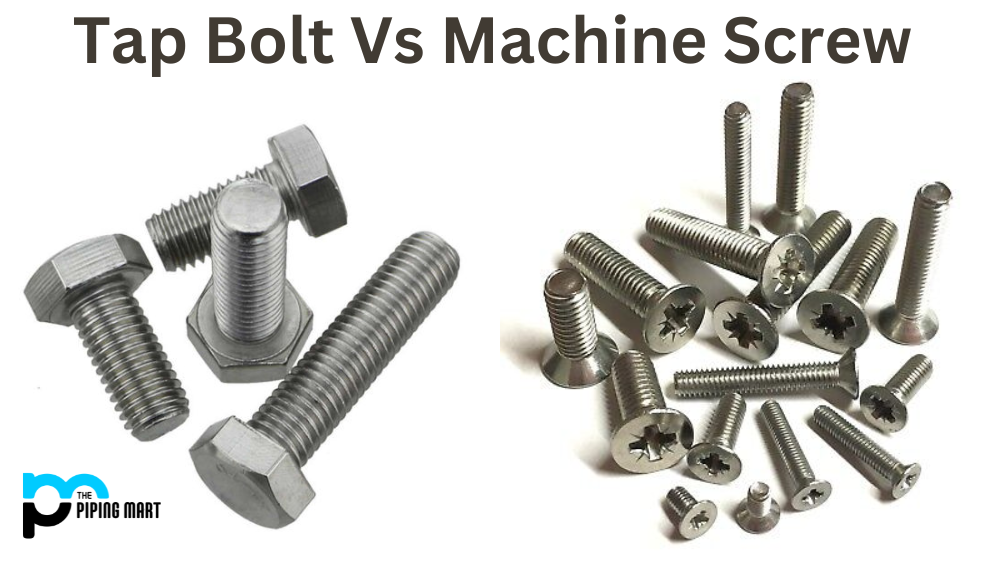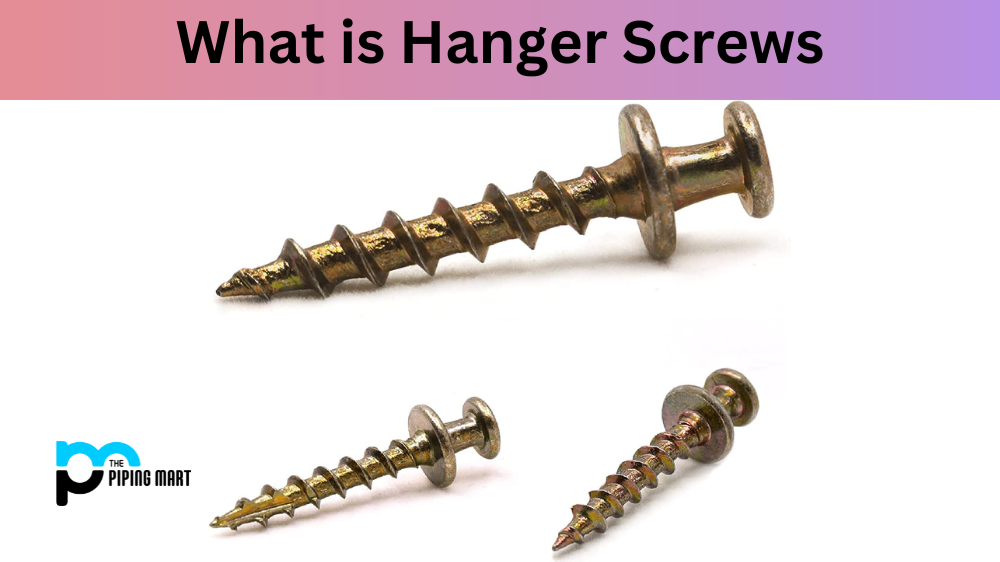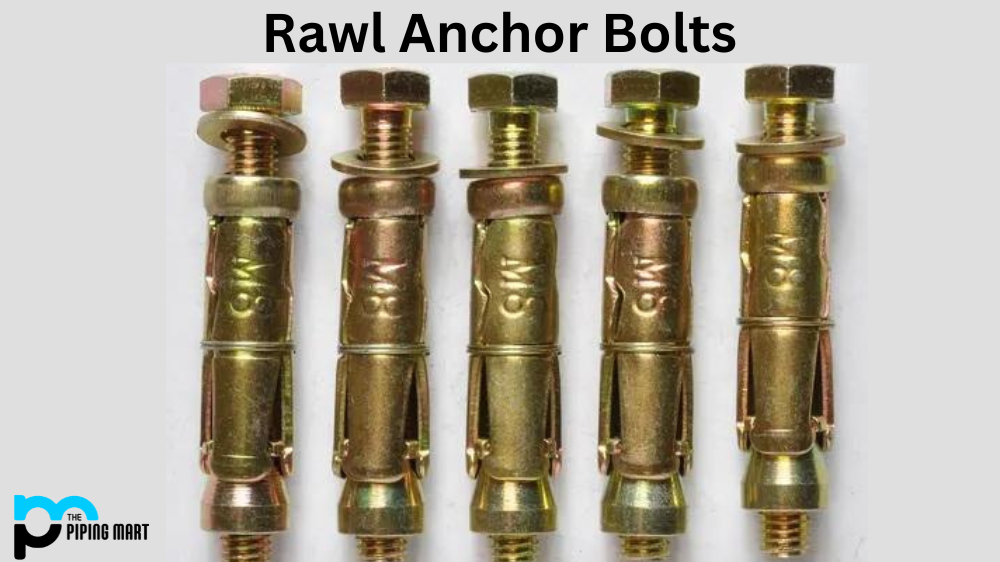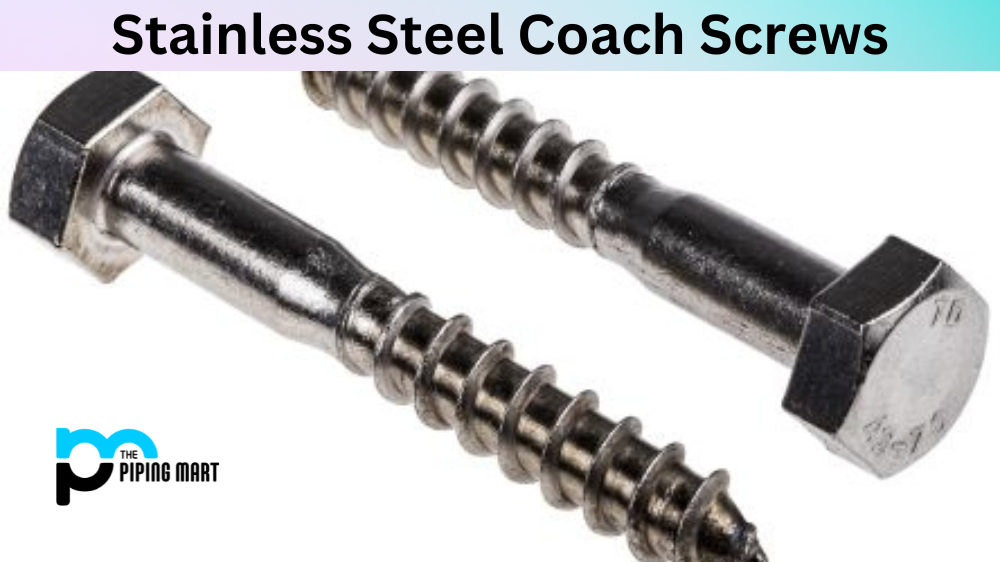When it comes to fastening two metal pieces together, there are two popular options that we use – the tap bolt and the machine screw. Both types of fasteners are made of stainless steel and are used in various applications. However, the choice between a tap bolt and a machine screw comes down to the application, metal thickness and purpose. This blog post will discuss the differences between these fastening options, their applications, strengths, and weaknesses.
What is Tap Bolt?
A tap bolt is a threaded bolt with a hex head that fastens two metal pieces with a nut. The bolt is inserted, threaded through a hole in the metal pieces, and tightened with a nut. Tap bolts are commonly used in applications requiring high tension, such as in construction, heavy machinery and automotive industries.
Tap bolts are available in various sizes ranging from M6 to M24 and are made of high-quality stainless steel to provide strength and protection from corrosion. They are strong, durable and easy to install. However, tap bolts can only be inserted into pre-threaded holes, and the tapping process requires additional time and cost.
What is Machine Screw?
Machine screws are also threaded fasteners that are used to fasten two metal pieces together. However, unlike tap bolts, machine screws are threaded along their entire length, which allows them to be inserted into metal pieces without the need for pre-threading. Machine screws are typically used in applications where a flush surface is required, such as in electronics, installation of panels and enclosures.
Machine screws come in various sizes ranging from M1.6 to M12 and are made of high-quality stainless steel to provide fastening strength and protection from corrosion. They are easy to install and provide a flush finish when tightened. However, machine screws have lower tensile strength compared to tap bolts, making them less suitable for high-tension applications.
Tap Bolt Vs Machine Screw – Which to Choose?
Choosing between a tap bolt and a machine screw comes down to the specific application, metal thickness, and purpose. If you need strength and durability, and the metal thickness requires pre-threading, go for a tap bolt. Tap bolts are commonly used in external applications requiring high tension, such as construction, automotive, machinery and earthmoving equipment.
On the other hand, if your application requires a flush finish and does not require high tension, then a machine screw is your go-to option. Machine screws are commonly used in internal applications, such as in electronics, panels, and enclosures.
Choosing the Right Stainless Steel Profile
When selecting a tap bolt or a machine screw, it is important to choose the right stainless steel profile – T profile, U profile, or L profile. Each profile offers unique benefits and can help improve the strength and durability of your fastening application. T-profile stainless steel is commonly used in applications where strength is required, while U-profile stainless steel is commonly used to strengthen and support edging, and L-profile stainless steel is used for frame-rail construction.
Conclusion:
In conclusion, tap bolts and machine screws are both vital in fastening metal pieces together. The choice between the two depends on specific needs, including metal thickness, tension requirements, and flush finish needs. It is important to select the right stainless steel profile, such as T profile, U profile, or L profile, to provide strength and durability to your application. By choosing the right type of fastener and stainless steel profile, you can be confident that your metal pieces are safely and securely fastened together.
Sakshee is a talented blogger, with a particular focus on the Business and Metal Industry. She is passionate about sharing her insights on various metal products and helping professionals to make a better decisions.




